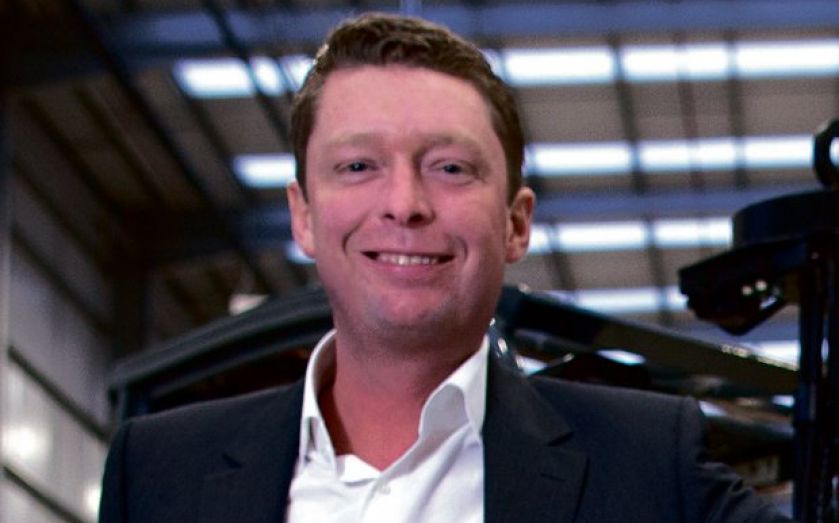John Roberts defends adviser in £1.2bn float

AO World’s blockbuster IPO was 18 months in the planning
THE founder of the Bolton-based fridge retailer AO World, which has provided the most spectacular flotation in the London markets so far this year, yesterday staunchly defended the £12m fee his group agreed with Rothschild, the independent financial adviser on the deal.
“£12m is a lot of money but I was delighted to write that cheque,” John Roberts told City A.M.
“Did the business get exceptional value out of them? Yes. And I’m not grey on this.”
Roberts spoke to City A.M. in response to criticism of Rothschild’s role in the flotation both in relation to the size of the bank’s fee and with regard to its role in closing the books to the offer a couple of days early.
This has annoyed some institutions who say they were effectively locked out of the deal.
Roberts has no truck with such complaints. “This process had been running for 18 months. It was one of the most extensive investor education processes ever undertaken by a company floating.
“We met the majority of key investors three times each, which is very rare.”
He says the investor meetings started in September last year so that investors could measure the group against what it was saying it could do.
“So when we said we would launch same day delivery they could judge us,” he said.
“In the end the book-building process was accelerated by 48 hours. The book was 11 times oversubscribed, the demand for meetings was intense and in the end it was the right decision for the business. We have a shareholder list of mainly long-only investors and if the hedge funds were unable to get their normal flip I’m not going to lose any sleep on that. In setting out the process, we couldn’t have been more pedestrian.”
Roberts, who sold £113m worth of shares in the issue, said that Rothschild had shielded him from the things he didn’t need to get involved in during much of the 18 month process.
He said the key man at Rothschild for him was London-based Majid Ishaq.
Roberts said he would have felt perfectly able to pull the deal at any point if he had decided the time for floating was not right, even though that would have meant Rothschild being paid nothing at all.
In the end the events in Ukraine, says Roberts, were a factor in accelerating the process.
“That carved a day off at the end. I got nervous about the Ukraine,” he said.
“And my wife’s now an expert on macroeconomic events,” he added, half jokingly.